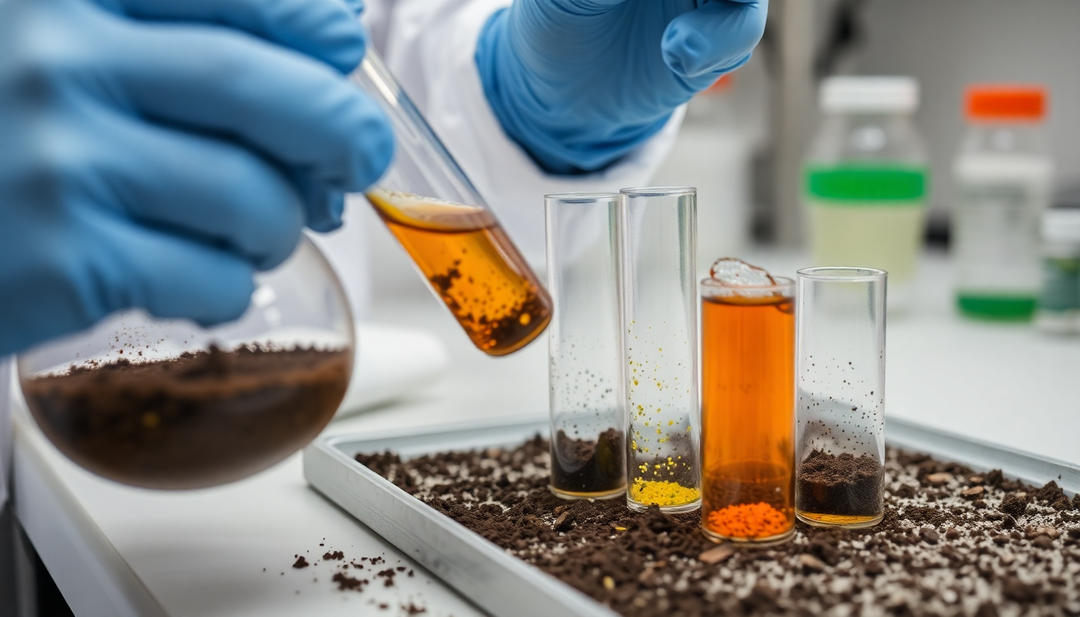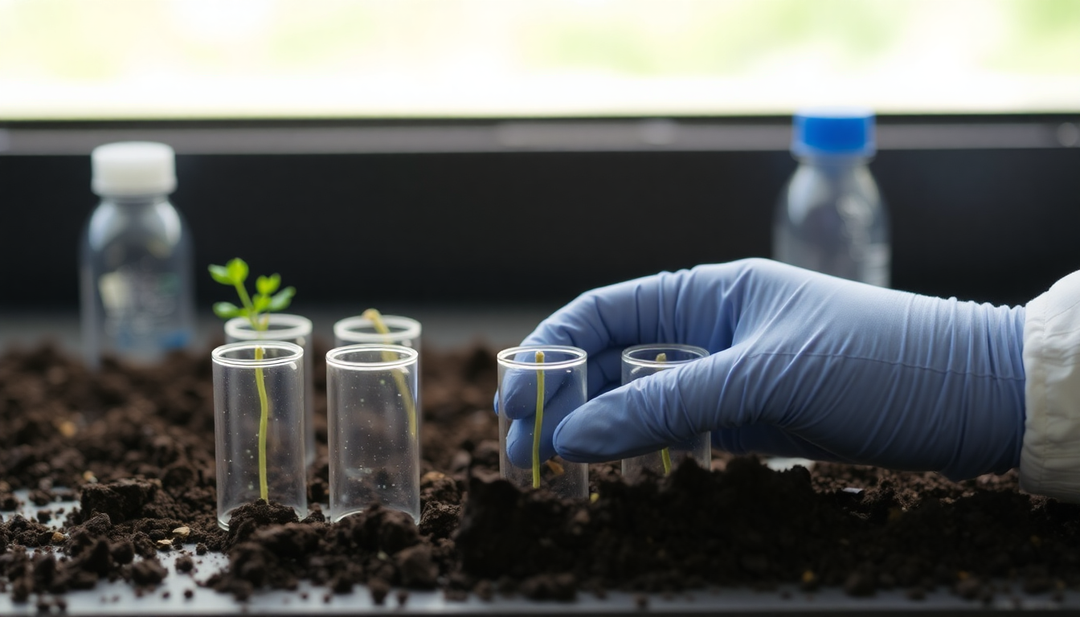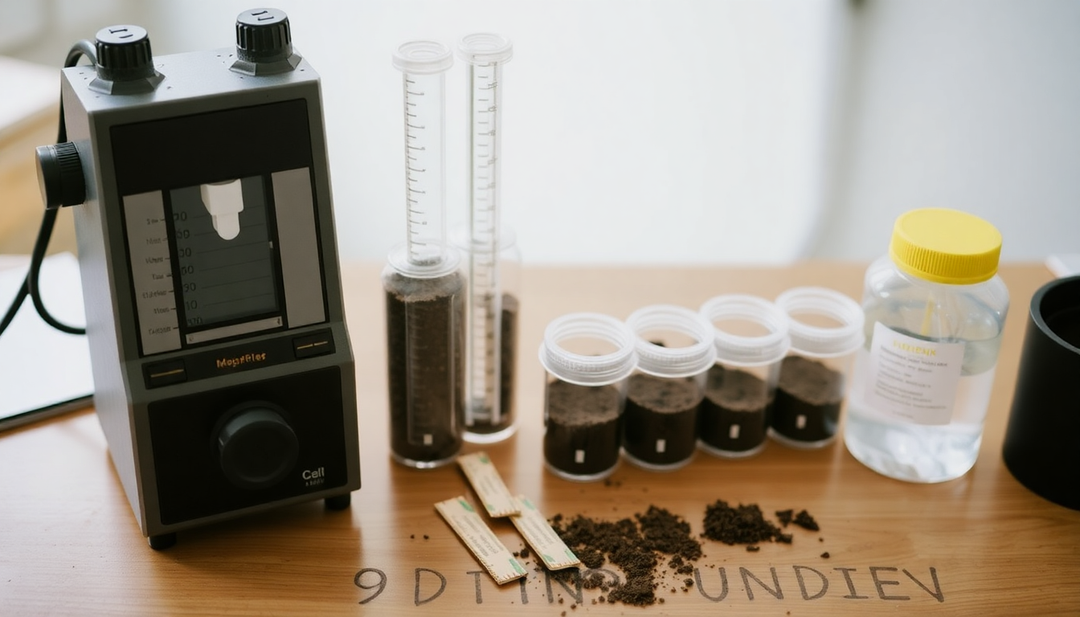Pollution of my vegetable garden: what should I do?

Pollution of my vegetable garden: what should I do?
Discovering that your vegetable garden is polluted is a discouraging experience. However, there are several solutions to address this problem and preserve the health of your plants and yourself. In this article, we guide you through the crucial steps to identify the source of vegetable garden contamination, treat it effectively, and ultimately prevent future pollution.
Identify the source of pollution
Before taking action, it is essential to identify the source of the pollution. Several factors may be involved:
- Pesticides and herbicides: A neighbor using chemicals, contaminated water runoff, or even residue in the soil can affect your vegetable garden.
- Heavy metals: Present in some soils, they may come from past industrial activity or air pollution. A soil analysis may be necessary.
- Air pollutants: Proximity to a road, factory or industrial area can lead to contamination by fine particles and other pollutants.
- Waste: The presence of buried waste or accidental spills can contaminate soil and water.
- Chemical fertilizers: Excess fertilizer can unbalance the soil and harm plant health, causing a form of pollution.
Treating the pollution in my vegetable garden
Treating pollution in my vegetable garden will depend on the source identified. Here are some suggestions:
- Soil analysis: To accurately identify the pollutants present, a soil test is often essential. Specialized laboratories can perform this analysis.
- Crop rotation: An effective technique for improving soil health and reducing the impact of certain pollutants.
- Organic amendments: Adding compost, well-rotted manure and other organic matter helps regenerate the soil and absorb certain pollutants.
- Phytoremediation: Some plants have the ability to absorb pollutants from the soil. The choice of species will depend on the nature of the pollution.
- Bioremediation: The use of microorganisms to degrade pollutants present in the soil. A more technical solution requiring specialist expertise.
- Soil Cleanup: In some cases, physical cleanup of contaminated soil may be necessary. This is a cumbersome and often costly solution that must be carried out by professionals.
Preventing pollution in my vegetable garden
Prevention is always the best solution. Here are some tips:
- Choose a suitable location: Avoid areas near roads, factories or potentially polluted land.
- Use sustainable agricultural practices: Favor organic farming, without synthetic pesticides or herbicides.
- Monitor water quality: Make sure the water used for watering is clean and not contaminated.
- Manage waste properly: Dispose of waste responsibly and avoid accidental spills.
- Monitor the soil regularly: Regular analyses allow any anomalies to be detected early.
Conclusion
Vegetable garden pollution is a serious problem, but it can be remedied. By following the steps outlined in this article and adopting sustainable practices, you can maintain the health of your plants and ensure you eat healthy, delicious produce.
Don't hesitate to consult professionals (agronomists, soil analysis laboratories) if necessary, especially in cases of doubt or significant pollution. Indeed, protecting your vegetable garden is a real investment, not only for your health, but also for the environment.



